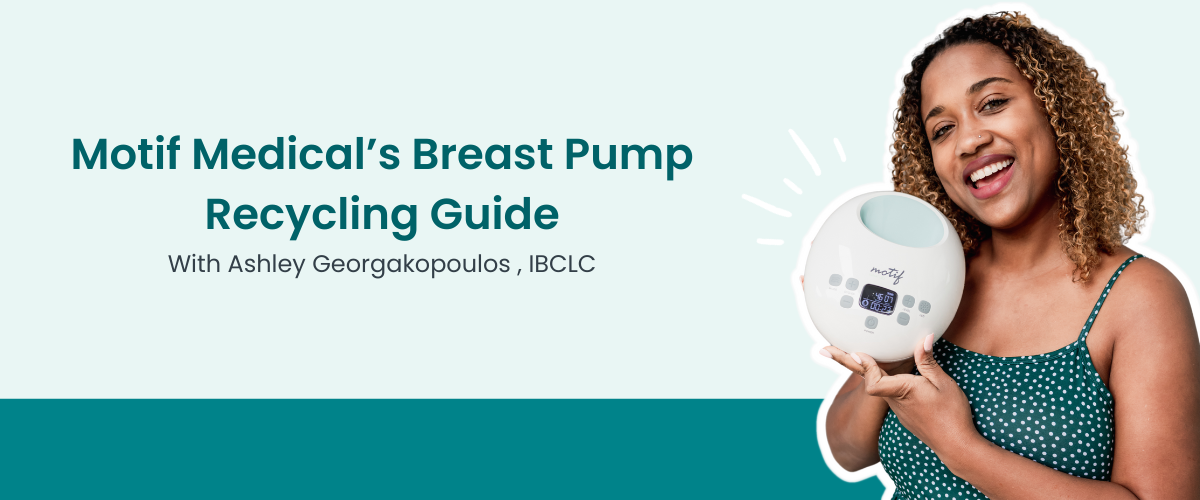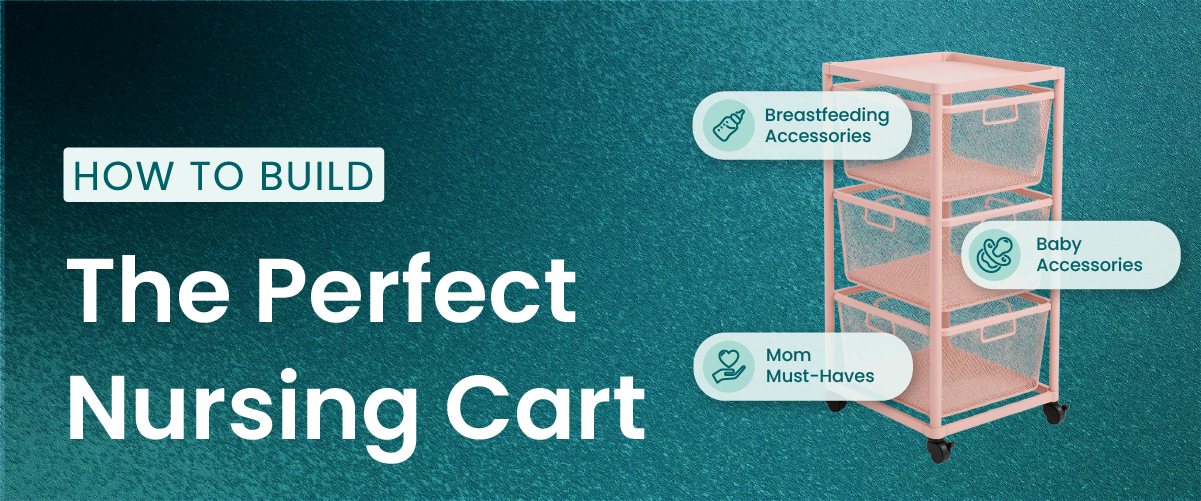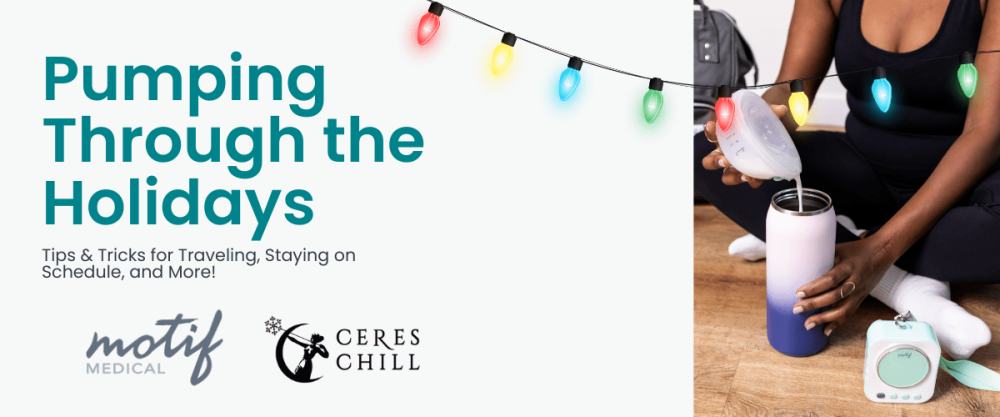What is a Midwife?
One of the first decisions you’ll make when you start planning to have a baby is who you will see for your prenatal care. The majority of pregnant women in America plan to have their baby in the hospital with an Ob/Gyn, often the same provider they go to for their yearly women’s health needs. But recently more families have been choosing a midwife as their healthcare provider during pregnancy. Midwives are medical professionals who specialize in women’s health care, particularly during pregnancy and childbirth. Some midwives also provide well-woman and newborn care. There are 3 types of midwives in the United States: certified nurse midwife (CNM), certified professional midwife (CPM), and certified midwife (CM). CNMs and CMs usually attend hospital births or in a birth center setting. CPMs primarily attend home births. A report published by the U.S. Government Accountability Office showed that midwives were the primary provider at 12% of births in 2021. This is an increase since 2019 when about 10% of births were attended by midwives (1).
So what is it about midwifery care that has more people choosing them as their provider during pregnancy? If you ask someone who has seen a midwife for their pregnancy care, you might hear them rave about the holistic care they provide or how they loved their support of natural childbirth. Most people who deliver their baby with a midwife also report having a positive birth experience and feel like their birth plan was honored in the process (2). In general, midwives are known for their support of low-risk pregnancies from preconception counseling through to postpartum, so let’s talk about how a midwife could benefit you during your pregnancy and birth.
1. Lower Interventions
There is a well-used phrase in the birth world called “the cascade of interventions.” What it refers to is that once someone has one intervention in birth, it leads to the next, which leads to another, which can ultimately end in a cesarean section or poor maternal and infant outcomes.


While some medical interventions are appropriate for high-risk pregnancies, utilizing a medical approach to birth for low-risk pregnancies has not been shown to lead to better birth outcomes. Interventions such as labor induction and augmentation, epidural analgesia, restriction of movement, and episiotomy have been found to negatively affect the labor process and are associated with lower APGAR scores and the need for NICU admission for babies (3). First time parents are especially vulnerable to the cascade of interventions that can happen in a medical setting and one state has a c-section rate of 38.5% (4).
Midwives, however, see birth as a normal, physiological process and they are respected for their wisdom of knowing when doing nothing is the best thing to do. Because midwives are less likely to intervene in the birth process when there isn’t an issue, families who choose them as their healthcare professional are better able to avoid the cascade of interventions. This hands-off approach to prenatal care and birth has been compared with being a lifeguard. Midwives are familiar with the territory of labor and birth. They can keep an eye on you and your baby and watch for any potential issues that may arise. Midwifery care values education and informed consent so they work with you during your care to help you make educated decisions. When something does come up, midwives are trained and skilled to step in and help. But, just like if someone is effectively swimming, a lifeguard would get in the way if they tried to assist when there isn’t a problem, similarly the research has shown that intervening in birth when there isn’t an issue leads to more problems rather than preventing them (3,5).
2. Personalized Care
Another benefit of midwife care during pregnancy is being seen as an individual by your healthcare provider. One of the cornerstones of the midwife’s model of care is something called “continuity of care.” This means that the people you see for your prenatal appointments will be the ones who are with you when you give birth. This matters because you will use those prenatal appointments to talk about the care you want to receive during birth, including your birth preferences for you and baby both during and after delivery. When you receive continuity of care, you don’t have to remember during labor to tell your provider the things that are important to you because they already know! A recent study showed that only 21% of individuals who received traditional care from an OB knew their provider at the time of birth (6).
Birth is also a very vulnerable time. You are going through a transformational life event and the hormones that fuel labor are able to do their job the best when you are in a place where you feel safe. Having people with you that know you can help you feel safe and seen during labor, which ultimately helps labor progress better.
When labor progresses better, you’re less likely to need any medical interventions. Plus, the emotional support that your midwife can provide during these life-changing moments impacats how you feel about your birth experience. Feeling safe and capable can help you establish breastfeeding and have a smooth postpartum recovery.
The feeling of safety and support that a midwife can provide allows you to feel like you have more control during birth and facilitates a more positive birth experience (6).
3. Autonomy
While midwives are considered the experts in physiological childbirth, they also know that you are the expert on yourself. Midwives believe in a person’s autonomy during birth and while they are there to give you information and support, they believe that you are the only one who can choose the best care for you and baby. I recently asked my IG followers what they valued most about midwifery care and one of my previous clients sent me this message: “It’s the ability to choose which interventions, if any, I want accessible and offered to me that I love” (T.B.) and that explains it so well! Midwives let you be in the driver’s seat at your birth. We’re here if you need us, but we’d consider it an honor to just be along for the ride.
References
- GAO. (2023). Midwives: Information on Births, Workforce, and Midwifery Education (Report to Congressional Requesters, Issue. https://www.gao.gov/assets/gao-23-105861.pdf
- Hildingsson, I., Karlstrom, A., & Larsson, B. (2021). Childbirth experience in women participating in a continuity of midwifery care project. Women Birth, 34(3), e255-e261. https://doi.org/10.1016/j.wombi.2020.04.010
- Akyildiz, D., Coban, A., Gor Uslu, F., & Taspinar, A. (2021). Effects of Obstetric Interventions During Labor on Birth Process and Newborn Health. Florence Nightingale Journal of Nursing, 29(1), 9-21. https://doi.org/10.5152/fnjn.2021.19093
- https://www.cdc.gov/nchs/pressroom/sosmap/cesarean_births/cesareans.htm
- Calik, K. Y., Karabulutlu, O., & Yavuz, C. (2018). First do no harm - interventions during labor and maternal satisfaction: a descriptive cross-sectional study. BMC Pregnancy Childbirth, 18(1), 415.https://doi.org/10.1186/s12884-018-2054-0
- Homer, C. S., Davis, G. K., Cooke, M., & Barclay, L. M. (2002). Women's experiences of continuity of midwifery care in a randomised controlled trial in Australia. Midwifery, 18(2), 102-112. https://doi.org/10.1054/midw.2002.0298
Information provided in blogs should not be used as a substitute for medical care or consultation.










